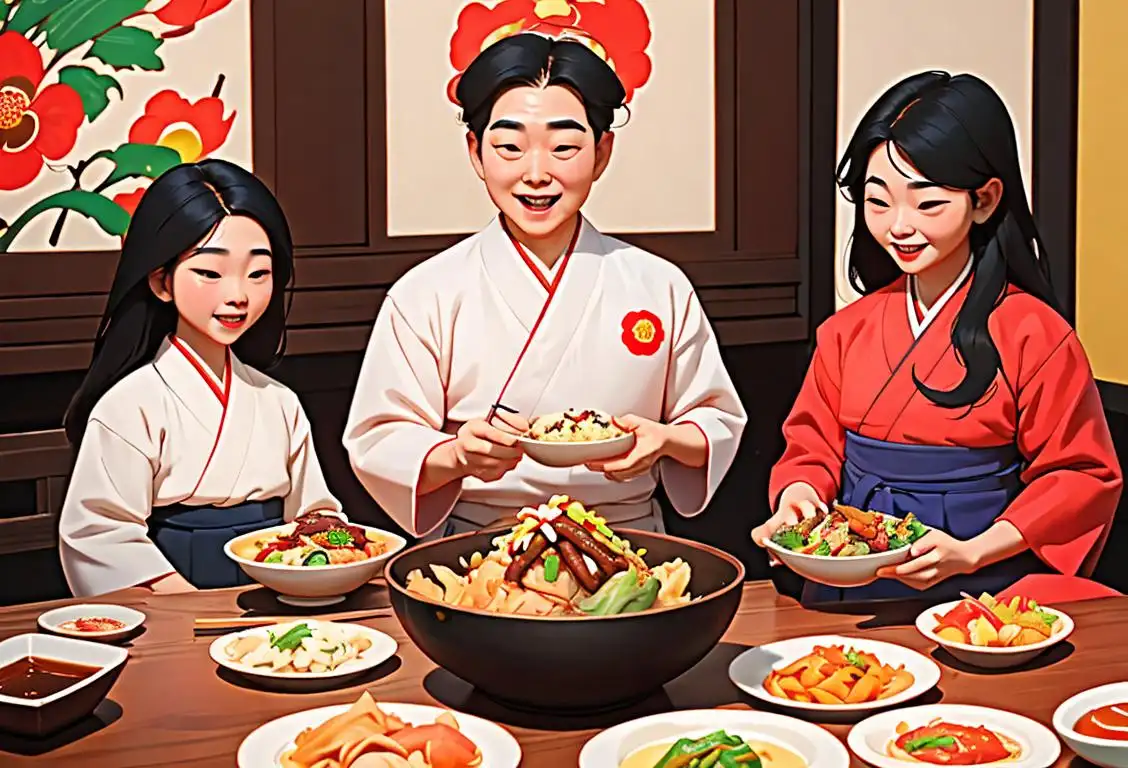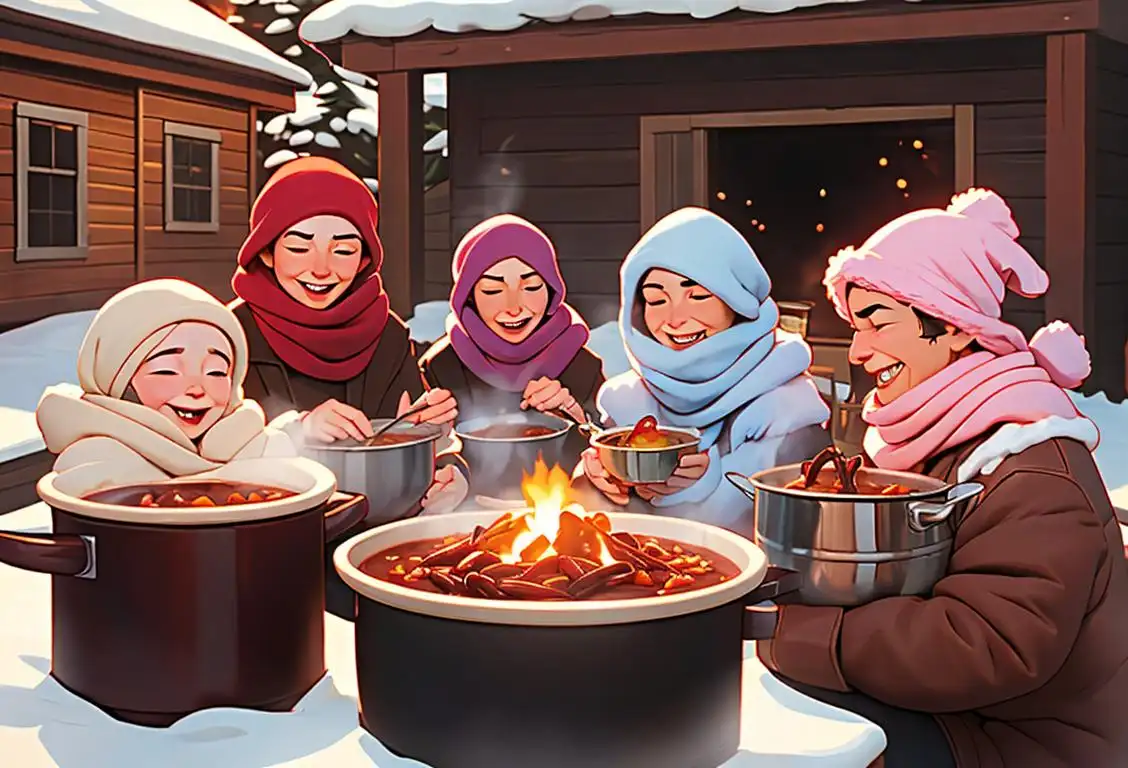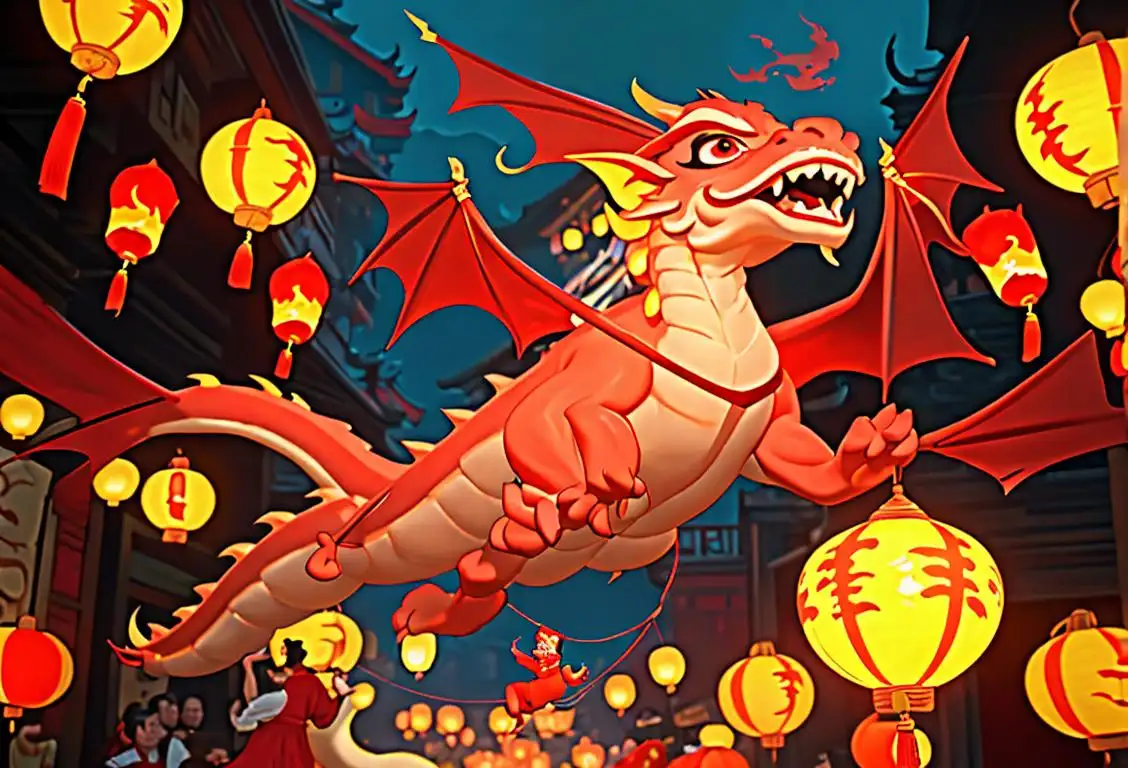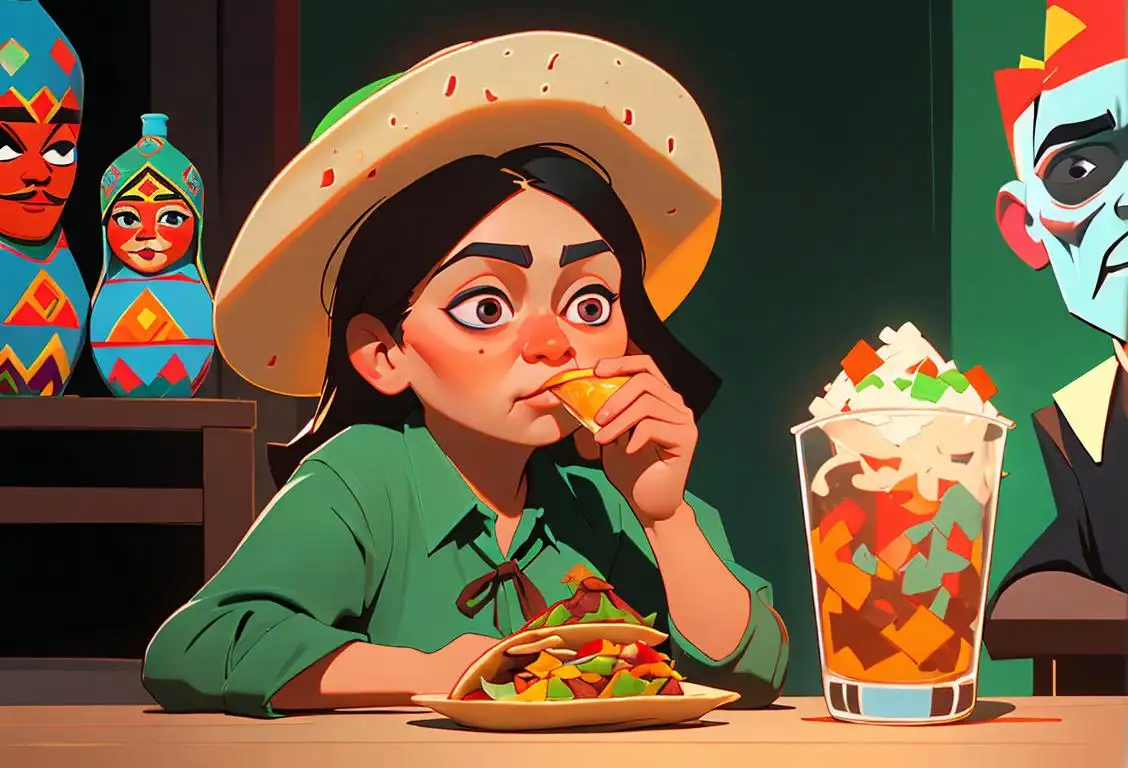National Korean American Day

Hey there! Are you ready to embark on a journey celebrating National Korean American Day? Get your chopsticks and kimchi ready because we're about to dive into the history and fun of this special day!
When is Korean American Day?
It's national korean american day on the 13th January.
Discovering National Korean American Day
National Korean American Day is all about embracing and honoring the rich culture and contributions of Korean Americans in the United States. On this day, we raise our bibimbap bowls and celebrate the vibrant Korean American community that adds so much flavor to our nation.
The origins of National Korean American Day date back to January 13, 1903, when the very first Korean immigrants arrived in Hawaii. These brave individuals paved the way for future generations, carrying their traditions, language, and delicious cuisine across the Pacific Ocean.
Fast forward to 2005 when a resolution was introduced in the United States Congress to establish National Korean American Day. The resolution aimed to honor the significant contributions Korean Americans have made to various sectors, including art, science, business, entertainment, sports, and more.
Celebrating Korean American Heritage
Now that we know the historical background, it's time to indulge ourselves in the spirit of celebration! Here are some fun ways to honor Korean American heritage:
- Food Fiesta: Gather your friends and family for a Korean feast! From mouthwatering bulgogi to crispy Korean fried chicken, the options are endless. Don't forget to try some traditional dishes like kimchi, bibimbap, and tteokbokki.
- K-Pop Dance Party: Turn up the volume and bust out your best moves to the infectious beats of K-Pop music. Channel your inner BTS or BLACKPINK and let the music transport you to the vibrant streets of Seoul.
- Language Lessons: Why not take this day as an opportunity to learn a few basic Korean phrases? Impress your friends with a simple 'annyeonghaseyo' (hello) or 'kamsahamnida' (thank you) as you dive deeper into Korean culture.
An Interesting Fact for You
Did you know that the Korean Wave, also known as 'Hallyu,' refers to the global popularity of Korean entertainment and culture? It encompasses everything from K-Pop music to Korean dramas and movies. So, the next time you find yourself hooked on a K-drama, remember, you're experiencing the Korean Wave!
History behind the term 'Korean American'
1884
The Arrival of the First Korean Immigrants
The term 'Korean American' traces its origins back to 1884 when the first wave of immigrants from Korea arrived in the United States. These immigrants were mainly laborers who sought economic opportunities and to escape political turmoil in their homeland. Their arrival marked the beginning of the Korean American community in the U.S.
1903
Formation of Korean Exclusion League
In 1903, the Korean Exclusion League was formed in response to growing anti-immigrant sentiment. This organization, composed primarily of white Americans, campaigned for the exclusion of Korean immigrants from the United States. The formation of this league highlighted the challenges faced by Korean Americans in assimilating into American society.
1907
Gentlemen's Agreement and Korean Immigration Restrictions
In 1907, the United States and Japan reached the Gentlemen's Agreement, which restricted Japanese immigration to the U.S. In effect, this agreement indirectly impacted Korean immigration as Korea was then under Japanese colonial rule. Many Koreans resorted to claiming Japanese nationality to circumvent the immigration restrictions, further shaping the Korean American identity.
1913
Establishment of Korean Christian churches
During the early 20th century, Korean Christian churches began to emerge as important social and religious institutions within the Korean American community. These churches played a crucial role in fostering a sense of Korean American identity, providing a gathering place for Koreans to maintain their culture, language, and religious practices.
1950-1953
Korean War and Korean American Veterans
With the outbreak of the Korean War in 1950, many Korean Americans joined the U.S. military to fight for their homeland or to gain American citizenship. Korean American veterans not only made significant contributions to the war effort but also played a vital role in challenging negative stereotypes and gaining recognition for the Korean American community.
1965
Immigration Act of 1965 and Increased Korean Immigration
The Immigration Act of 1965, which abolished the discriminatory quota system, led to a significant increase in Korean immigration to the United States. This wave of immigration consisted of highly educated professionals, entrepreneurs, and students. Their arrival in the country greatly contributed to the economic and cultural growth of the Korean American community.
1988
Los Angeles Olympics and Korean American Identity
The 1988 Summer Olympics held in Los Angeles provided a platform for Korean Americans to showcase their cultural heritage and assert their identity. The Olympic Games brought attention to the accomplishments of Korean Americans in various fields and promoted a greater understanding and appreciation of Korean culture among the wider American population.
2008
Election of Barack Obama and Asian American Identity
In 2008, the election of Barack Obama as the first African American President of the United States had a significant impact on Asian Americans, including Korean Americans. Obama's historic win symbolized progress and empowerment, inspiring Korean Americans to actively participate in political and civic life, and further solidifying their place within the multicultural fabric of America.
Did you know?
Did you know that Psy's 'Gangnam Style' was the first YouTube video to reach one billion views? Talk about breaking records and spreading Korean culture worldwide!Tagged
food culture entertainmentFirst identified
13th January 2017Most mentioned on
13th January 2021Total mentions
49Other days
Korean Day
Korean American Day
Braai Day
Hot Sauce Day
Noodle Day
Television What A Day
Chili Day
Eat What You Want Day
China Day
Taco Vodka Day








